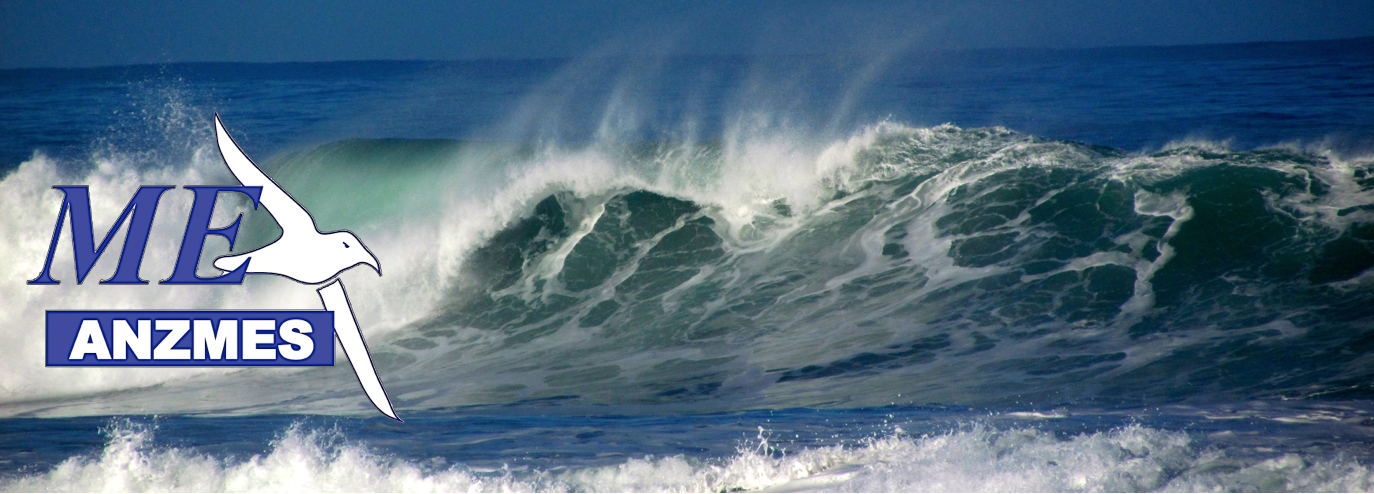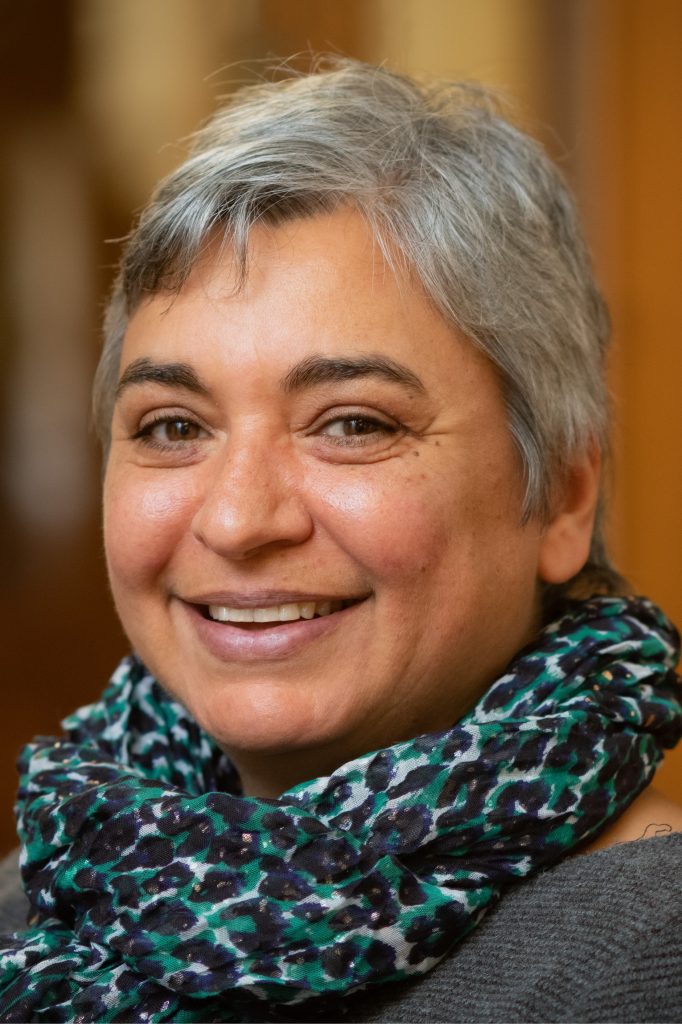Date: 24.04.2024
World ME Day Sheds Light on Global Health Crisis: Millions Affected by COVID triggered cases
The National Advisory on ME (ANZMES) is calling on Kiwis to come together for World ME Day as we battle a global health crisis.
Already worldwide there are an estimated 25 million people with Myalgic Encephalomyelitis (ME) also known as Chronic Fatigue Syndrome (CFS).
There has been a significant increase in cases of ME with a shift to COVID-19 being the main trigger for this disabling illness.
There are estimated to be 65 million cases of long COVID worldwide and 50% meet the criteria for an ME diagnosis.
This World ME Day, May 12, 2024, marks the 55th anniversary since the World Health Organization (WHO) officially acknowledged ME in their International Classification of Diseases. Despite this, there is still no universal cure or treatment.
To highlight this global health crisis and demand that action is taken now, ANZMES proudly stands alongside World ME Alliance members across the globe calling Kiwis to get involved and become a #GlobalVoiceForME to amplify our efforts to be heard.
ANZMES is the National Advisory on ME and is a founding member of the World ME Alliance, supporting the ME community since 1980.
ANZMES president, Fiona Charlton, says the government needs to recognise that the pandemic is clearly not over and more action is needed to protect and support people.
“The convergence of ME and COVID-19 has created a perfect storm, amplifying the challenges faced by patients and healthcare providers.
“Health protections have been removed but cases keep rising and people are suffering,” she says.
ME is a debilitating chronic illness that is often misunderstood, characterised by post-exertional malaise (an exacerbation of symptoms after minimal exertion), and a range of other symptoms that significantly impact daily functioning, such as pain, cognitive impairment, and orthostatic intolerance (blood pressure and volume dysregulation).
In 1969, the World Health Organisation classified ME as a neurological disease and included ME and CFS in 2019 under post viral syndrome. An estimated 80% of people with ME/CFS develop it after a virus.
Given the similarities in symptoms both ME and long COVID benefit from a similar approach to support and management.
Associate Professor Mona Jeffreys at Te Herenga Waka / Victoria University of Wellington says “The COVID-19 pandemic has resulted in large numbers of patients with long COVID, many of whom meet diagnostic criteria for ME. “ME is a debilitating condition, which cannot be treated, but with compassion and evidence-based care, the symptoms and their impact can be lessened.
“I call on all health professionals treating someone with ME to understand that this is a neurological, not psychological, illness. “Encouraging your patient to exercise is likely to worsen their fatigue and post-exertional malaise. “Suggesting treatments such as graded exercise therapy and cognitive behavioural therapy is outdated and is not evidence-based. “Investigating symptoms of POTS, that can respond to treatment, is important.
“The best thing you can do is to familiarise yourself with the Best Practice Guidelines, and treat patients accordingly.” The National Advisory on ME released easy to follow best practice in December 2023.
The hard facts
The latest Health New Zealand data shows 3,873 COVID-19 cases were reported in the last week and 21 deaths were attributed to the virus (as at 23/04/2024)[2]. 78% more sick leave was taken in 2022 (than 2020) and wait times for emergency patients were exceeded by 95% of DHBs, in 2022.
Of 65 million long COVID cases, half may develop ME.[3] Added to the existing estimated numbers globally, that’s 57.5 million people worldwide significantly ill with ME/CFS. In Aotearoa this equates to 416,350 people with this debilitating condition, up from an estimated 25,000.
Global research shows reinfection continues to pose a significant threat of post-viral complications with implications for long-term socioeconomic burden.[4],[5]
“Without appropriate management, the window for recovery gets smaller and smaller, and that is why international best practice must be implemented” says Charlton.
Research also highlights a disparity between government funding and level of disease burden for ME, in comparison to other chronic illnesses.[6]
Emeritus Professor Warren Tate, of the University of Otago says, “the major clinical subgroup of Long COVID, the post viral syndrome arising from the global pandemic, has brought a greater awareness of the needs of the many ME/CFS patients suffering from a very similar ongoing debilitating fatigue illness.”
“Long COVID provides the opportunity for there finally to be a focus on education, and standardised best practice management and social support for the significant numbers of patients of both groups.
“Managing the burden on families and their communities, and understanding how ME/CFS and Long COVID affect our health and economic systems looms as an urgent priority not only for New Zealand but for all countries.” says Tate.
World ME Day serves as a catalyst for action urging the government and public health authorities to allocate more resources to develop strategies for early identification, diagnosis, and management of post-viral illness, including appropriate support for individuals with ME.
Each national organisation around the globe has the opportunity to foster change by building relationships with local and national governments, encouraging them to develop appropriate policies and programmes to deliver vital services for care and intervention. Each Government has the power to advocate for recognition of this global health crisis, and ensure that the World Health Organisation implements action to tackle this serious and significant problem.
“There are many very sick people battling for support and being ignored. There is no cure or universal treatment for ME and no dedicated funding or efforts from the government to try to fix this. As the National Advisory on ME, we have delivered best practice guidance to the government and all medical bodies in Aotearoa/NZ and believe it must be adopted to deliver the standard of care required.
We need world health leaders to step up and take action but we also need the support of everyday individuals in the community,” says Charlton.
“When we unite as a Global Voice for ME we are showing health and government officials that they must listen, they must address needs, and they must bring vital change now.” Charlton says.
Each year the ME/CFS organisations throughout New Zealand join together as a collective to participate in World ME Day and share the same message. This year the collective joins the global voice for ME and encourages everyone to get involved in the following ways –
How to take action for World ME Day 2024:
- Send – a letter to your local MP or the Health Minister, Dr. Shane Reti asking for them to take action on behalf of the ME and long COVID community.
- Share – be a #GlobalVoiceForME, share your ME story on social media, share your lived experience or make a poster to educate others about ME. Use the hashtags #GlobalVoiceForME #GlobalHealthCrisis #NZCollectiveVoiceForME.
- Participate – send ANZMES your photo holding a piece of paper that says how many years you’ve been unwell with ME, to be used in a video on social media.
- Learn – learn about ME and long COVID so you can offer support to friends and family living with the condition – visit anzmes.co.nz and worldmealliance.org
- Fundraise – host a ‘Blue Sunday’ Tea Party for ME to raise funds see https://the-slow-lane.com/blue-sunday/ for more information.
- Light it up – Councils and business owners can light their place up in blue in solidarity for ME.
Join us in acknowledging World ME Day and taking meaningful steps toward a future where individuals with ME receive the recognition, care, and support they deserve.
Aotearoa/NZ ME/CFS Collective includes:
ANZMES – National Advisory on ME
Complex Chronic Illness Support
M.E. Awareness NZ
MECFS Canterbury
MEISS Otago and Southland
ME Support NZ
Rest Assured Charitable Trust
Who are ANZMES?
We are the National Advisory on ME in Aotearoa/New Zealand. With four decades of knowledge and experience, we are the trusted leaders in ME education, representation, and research. Our expertise comes from a reputable medical team of advisors, including a world renowned expert and MNZM recipient, a fellow of the Royal NZ College of General Practitioners (RNZCGP) and a network of academic researchers, clinicians, and representatives from the ME community. The executive committee comprises experts in their respective fields for governance, policy, leadership, representation, and education.
Always a trail-blazer, it was the first ME charity of its kind in the world, established in 1980, as ANZMES, to provide support, information dissemination, and representation, achieving past outcomes through dedication, passion, time, and knowledge of lived experience. Today, the organisation leads as a Royal New Zealand College of General Practitioners (RNZCGP) Continuing Medical Education (CME) Registered Provider, proud funder of vital research, and steward of the community voice.
We continue to disseminate evidence-based information nationally, and represent the ME voice globally as a founding member of the World ME Alliance through advocacy and leadership. ANZMES latest education programme – Know M.E. – is a video podcast and news series featuring up-to-date, evidence based research and information on ME and Post COVID Conditions.
Contacts:
ANZMES – National Advisory on ME
Contact info – Angela Cayford – info@anzmes.org.nz
Complex Chronic Illness Support
Contact info – Miranda Whitwell – info@ccisupport.org.nz
M.E. Awareness NZ
Contact info – Rose Camp – m.e.awareness.nz@gmail.com
MECFS Canterbury
Contact info – Nicola Stokes – info@mecfscanterbury.nz
MEISS Otago and Southland
Contact info – Heather and Kerry – meiss.support@gmail.com
ME Support NZ
Contact info – Vanessa Atkinson – info@mesupport.org.nz
Rest Assured Charitable Trust
Contact info – Phil Morton – info@restassured.org.nz











